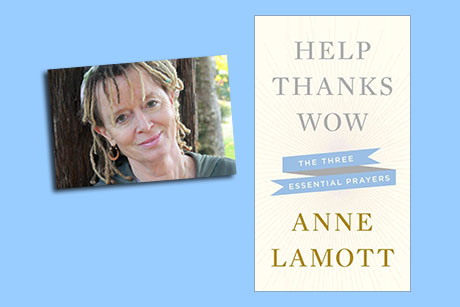Christopher Tollefsen has a new post at the Public Discourse on Moral Absolutes and the Moral Life. It is well worth reading–especially given that so little good thinking is done on this very important topic. Tollefsen is correct when he says that “moral absolutes are essential to the protection of human goods, and hence human well-being.” This is consistent with Veritatis Splendor #96 in which John Paul II claims that universal and unchanging moral norms are at the service of the person and of society.
But Tollefsen also says the following:
So a goods-based ethic rooted in human well-being cannot demand that whatever one does, one never in any way do anything that will bring harm upon instances of human goods. Such an ethic would be unworkable. But one can always refrain from acting; and in this way, if in no other, one can always refrain from intentionally damaging instances of basic human goods. So we should conclude that the core constraint of ethics should and could be framed as a demand that one never intentionally damage or destroy an instance of a basic human good.
But why should we conclude that this is the “core constraint of ethics?” Roman Catholics just celebrated the feast of Christ the King, and the Sunday Gospel passage spoke of a King that will judge us based on precisely those things that we fail to do. The duty to aid the poor and otherwise vulnerable, not just in the parable of the sheep and the goats, is what Jesus appears to understand as the core constraint of ethics. Indeed, complete separation from God is the result if we do not meet this duty.
There is often a confusion between the violation of exceptionless moral norm, and the gravity of the evil in violating a norm. It is true that certain acts are always going to be wrong, but it does not follow that acts which violate exceptionless moral norms are ‘more evil’ than other kinds of acts. Catholics confess not only what we have done, but what we have failed to do–and a failure to act can often be far more damaging to the well-being of persons and society than even an act which violates an exceptionless moral norm.
At least if we have Matthew 25 as our lens, the core constraint of ethics is a duty to aid the most vulnerable.



Charlie, One thing that I think is operative in this (and I haven’t yet gotten a chance to read the Tollefsen post) is Kant and the distinctions between “perfect duties” and “imperfect duties” — which leads to a prioritization of the individual responsibility not to actively harm (or violate rights) over any “imperfect” obligation to do good — and much of Matthew 25 is a failure of what would be considered “imperfect duties.”
This is evident in Amartya Sen’s “Elements of Human Rights Theory” where he struggles with being able to concretely said that someone is morally culpable for failing to ACT.
Building on Meghan’s point, I think Tollefsen is thinking of “constraint” as a category of norms that tell us not to do something, as opposed to norms that tell us we ought to do something. Therefore he might say that there are other moral norms just as serious as the one telling us not to intentionally harm instances of basic human goods, they are just not “constraints.”